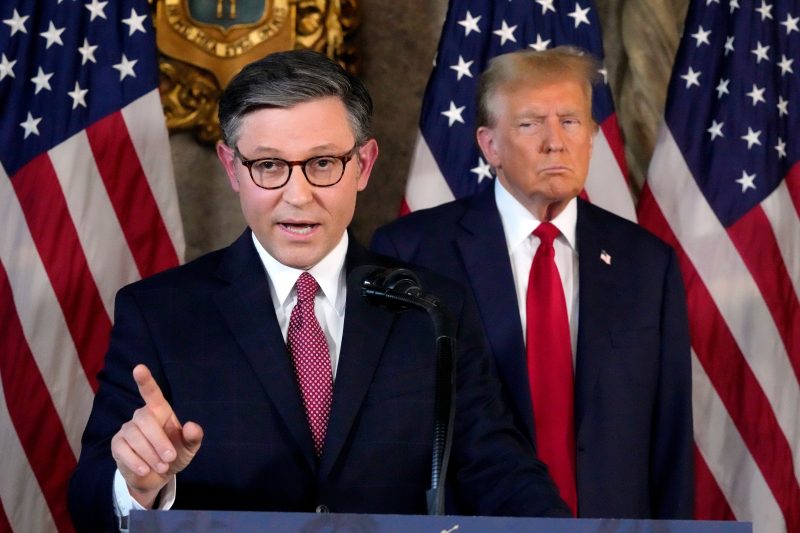
2020 Election Inquiries: Uncovering the Truth Without the Sting
Why Asking About the 2020 Election Isn’t a Gotcha Question
The aftermath of the 2020 United States presidential election has left many questions lingering in the minds of people across the country. From claims of voter fraud to the unprecedented challenges posed by the COVID-19 pandemic, the election was unlike any other in recent history. However, what is most striking is the reluctance of some to engage in conversations about the election, fearing that it could be a gotcha question aimed at trapping or embarrassing them.
One of the main reasons why asking about the 2020 election shouldn’t be viewed as a gotcha question is that it is crucial for understanding our democratic process. Elections are the cornerstone of democracy, and analyzing the events surrounding a particular election can provide valuable insights into how our system functions and what improvements may be needed. By openly discussing the 2020 election, we have an opportunity to learn from both its successes and failures, paving the way for a more transparent and efficient electoral process in the future.
Moreover, discussing the 2020 election can help bridge political divides and foster constructive dialogue. In a highly polarized political environment, it is easy to shy away from conversations that may lead to disagreements or confrontations. However, avoiding discussions about the election only serves to deepen existing divisions and hinder progress towards finding common ground. By engaging in respectful and informed conversations about the 2020 election, we can work towards understanding different perspectives and forging connections based on shared values and aspirations.
Furthermore, asking about the 2020 election is not about assigning blame or pointing fingers, but rather about holding our leaders and institutions accountable. Democracy thrives on transparency and accountability, and it is essential that we scrutinize the processes and decisions that shape our electoral outcomes. By asking questions about the 2020 election, we are demanding accountability from those in power and pushing for reforms that uphold the integrity of our democratic systems.
In addition, discussing the 2020 election can serve as a catalyst for positive change and civic engagement. By reflecting on the events of the election and evaluating their impact on our society, we can inspire individuals to become more actively involved in the political process. Whether through volunteering, advocacy, or running for office, every citizen has a role to play in shaping the future of our democracy. By asking questions about the 2020 election, we are encouraging people to take ownership of their civic responsibilities and work towards building a more inclusive and participatory society.
In conclusion, asking about the 2020 election should not be seen as a gotcha question, but rather as an opportunity to learn, connect, and advocate for positive change. By engaging in open and honest conversations about the election, we can foster a deeper understanding of our democratic processes, bridge political divides, hold our leaders accountable, and inspire civic engagement. Ultimately, our willingness to ask questions and seek answers is what will lead us towards a more resilient, transparent, and inclusive democracy for future generations.
